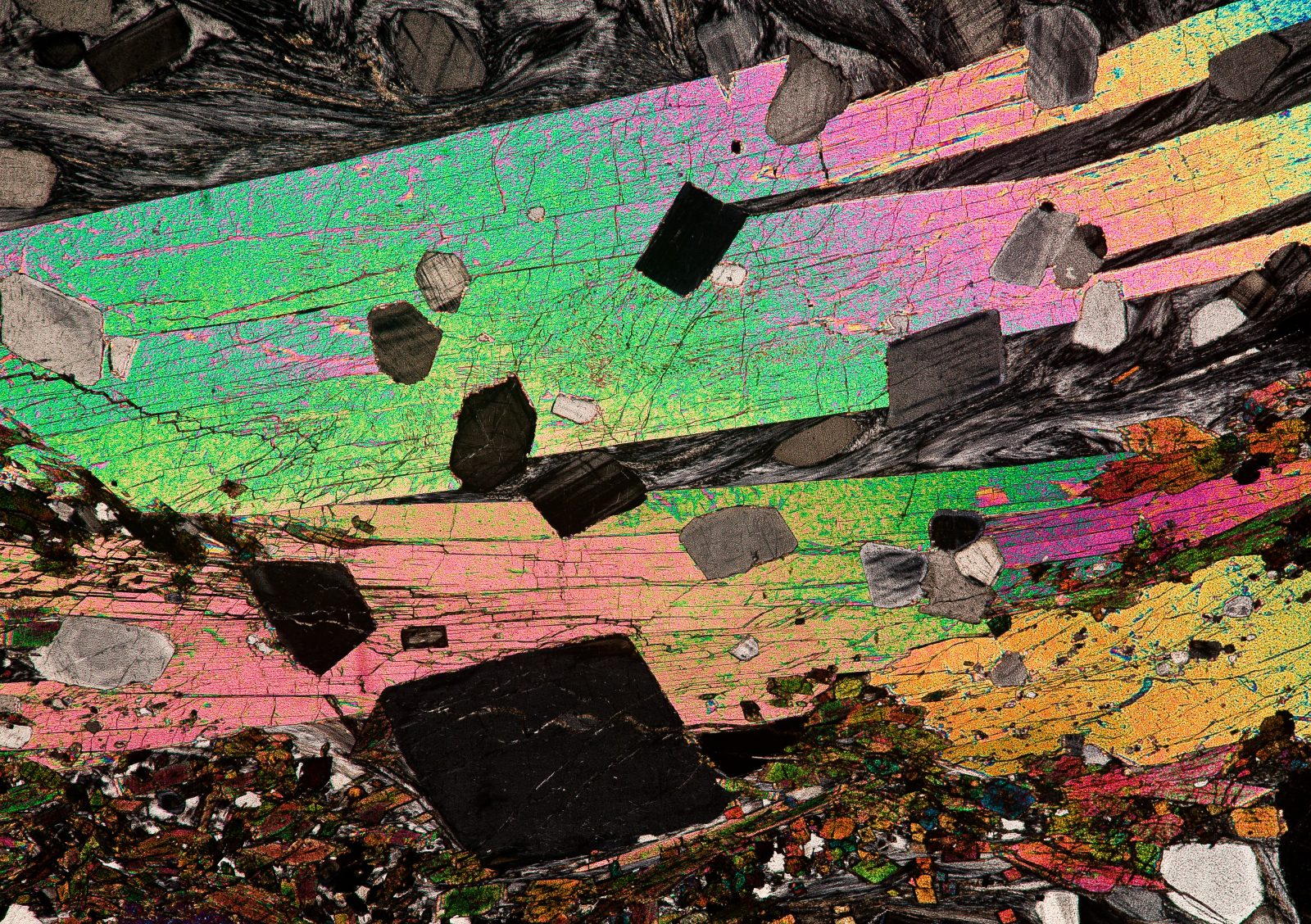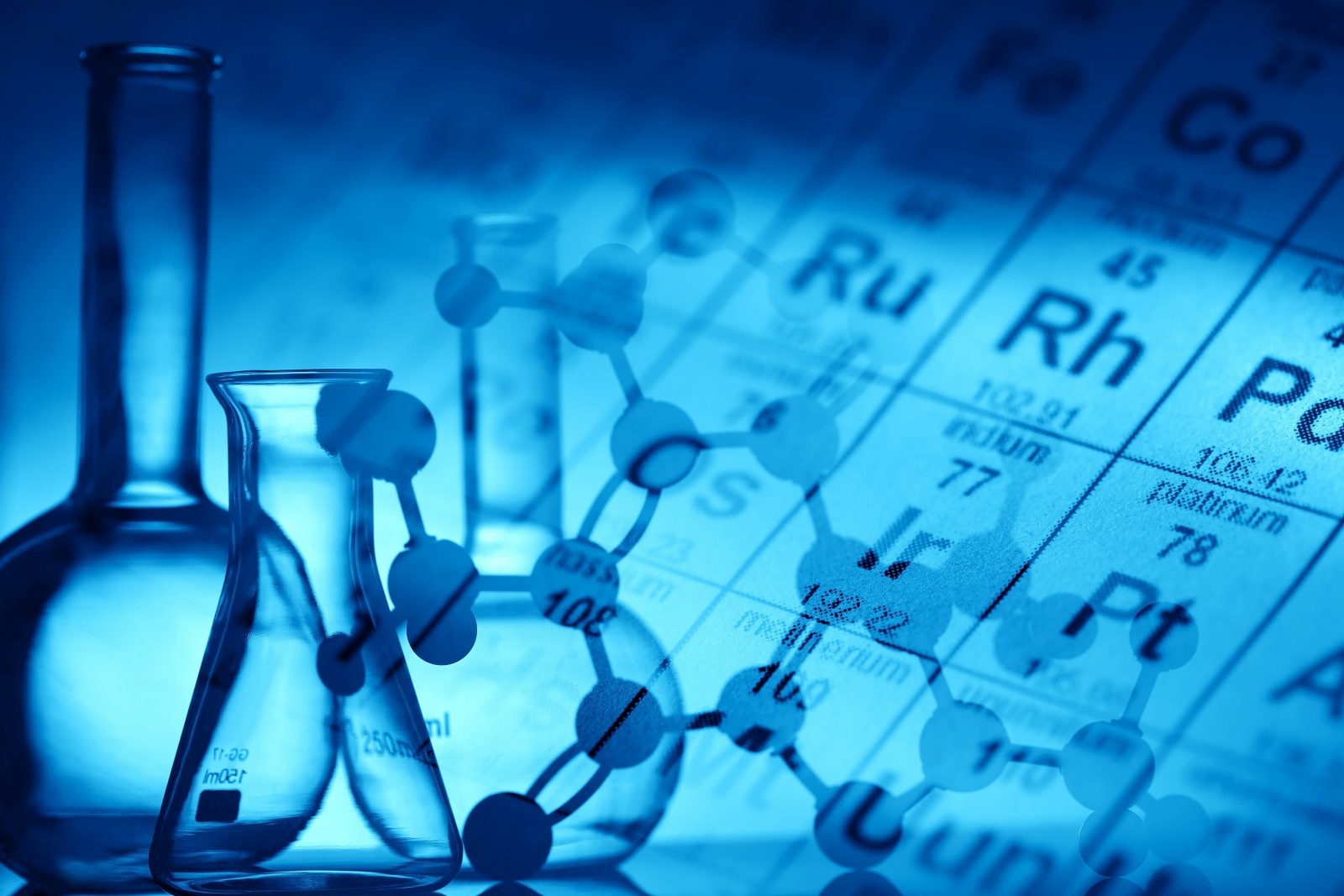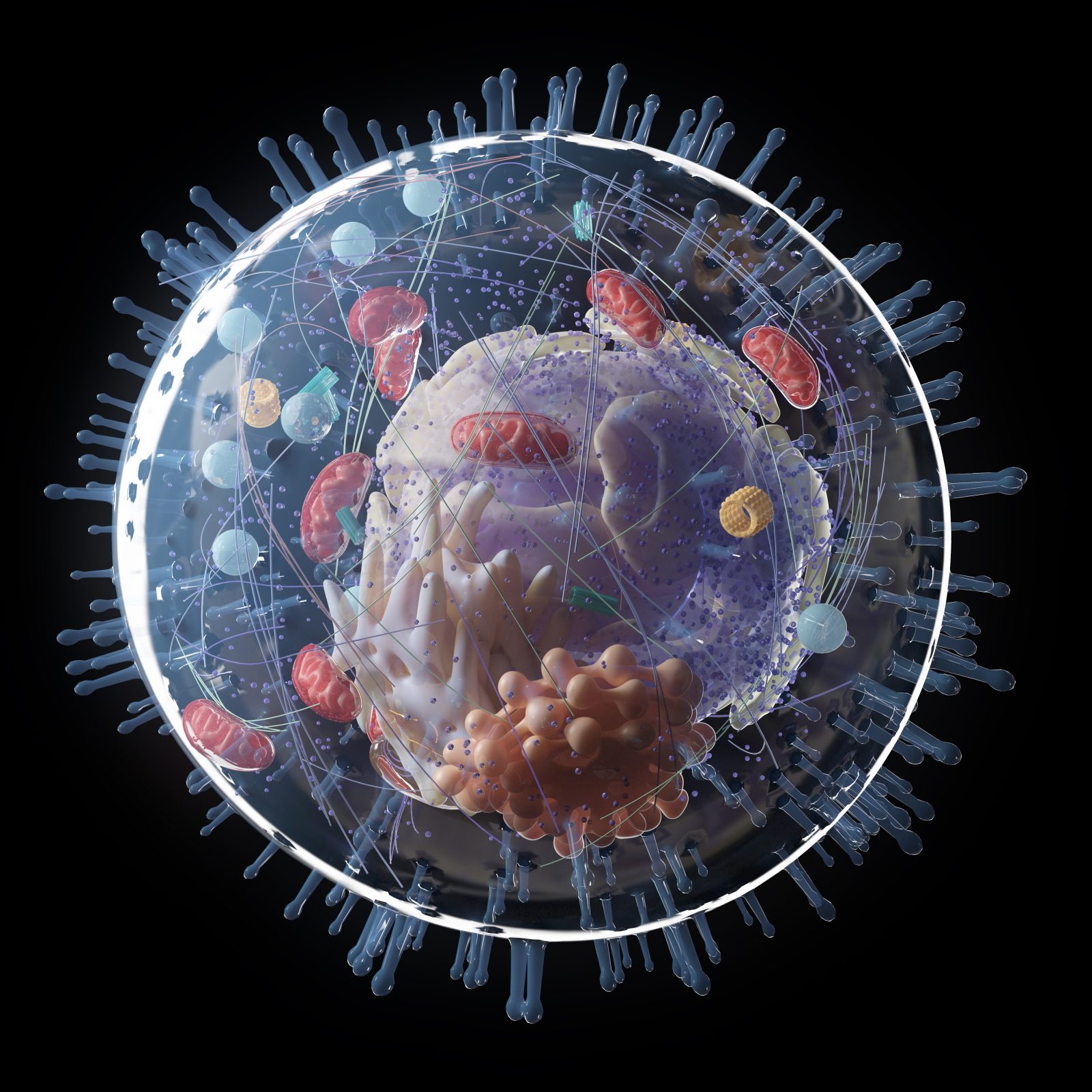
Casey Luskin Talks Tectonics, Design and Hidden Beauty
On today’s ID the Future host Emily Reeves talks with geologist and intelligent design theorist Casey Luskin about his PhD. Luskin says his dissertation wasn’t focused on intelligent design at all; but the knowledge he gained and the methodology he employed well might provide him grist for ID-oriented work down the road. The wide-ranging conversation takes Luskin and Reeves from his geological work in Africa and the method known as uniformitarianism to plate tectonics, paleomagnetism, crustal recycling, and some books on how Earth appears fine-tuned for life. Luskin also tells about some astonishing beauty that lies hidden right under our feet, and how we can discover it for ourselves.

